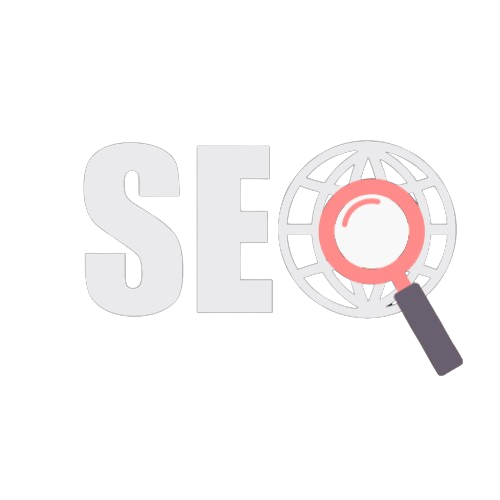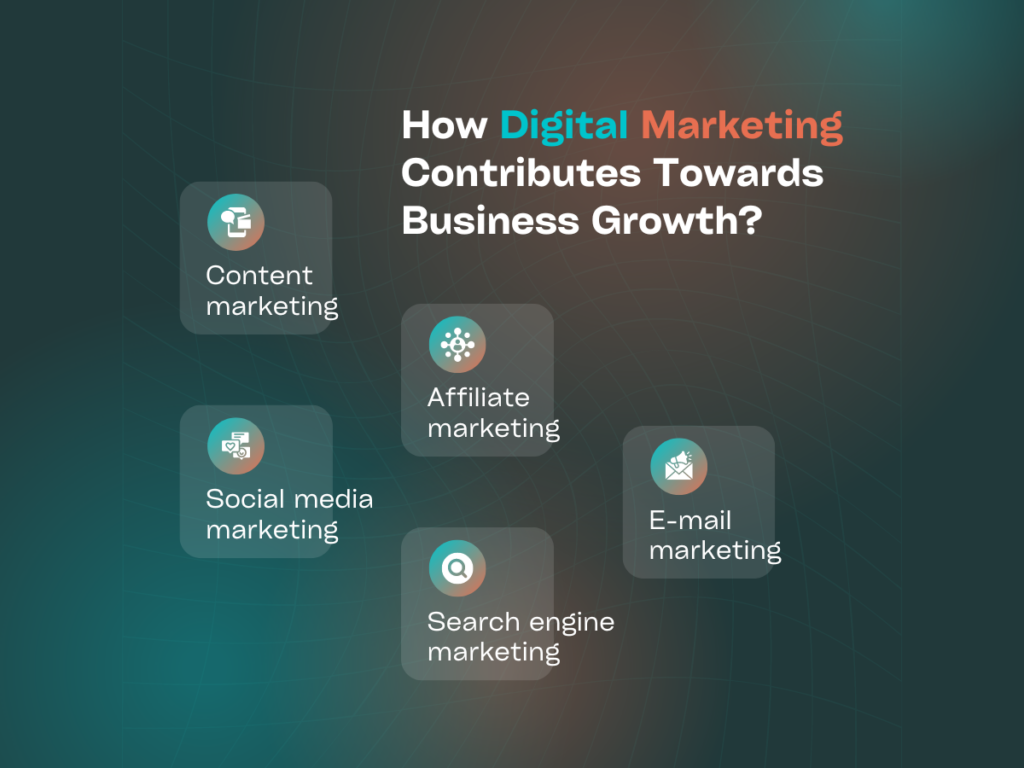
Table of Contents:
- Introduction
- Understanding Digital Marketing in 2024
- Why Digital Marketing is Essential for Your Business
- Chapter 1: What is Digital Marketing?
- Definition and Overview
- Key Components of Digital Marketing
- Chapter 2: The Evolution of Digital Marketing
- From Traditional to Digital
- Key Milestones in Digital Marketing History
- Chapter 3: The Core Pillars of Digital Marketing
- Content Marketing
- Social Media Marketing
- Search Engine Optimization (SEO)
- Email Marketing
- Pay-Per-Click Advertising (PPC)
- Affiliate Marketing
- Chapter 4: Emerging Trends in Digital Marketing in 2024
- AI and Machine Learning in Marketing
- Voice Search Optimization
- Personalized Marketing Strategies
- The Rise of Short-Form Video Content
- Chapter 5: How to Create a Winning Digital Marketing Strategy
- Setting Clear Objectives
- Understanding Your Target Audience
- Choosing the Right Channels
- Content Planning and Creation
- Measuring and Analyzing Success
- Chapter 6: Common Digital Marketing Mistakes to Avoid
- Neglecting SEO
- Ignoring Mobile Users
- Not Tracking Analytics
- Failing to Adapt to Trends
- Chapter 7: The Future of Digital Marketing
- Predictions for the Next 5 Years
- How to Stay Ahead of the Curve
- Conclusion
- Recap of Key Points
- How Radiant Digital Technology Can Help Your Business
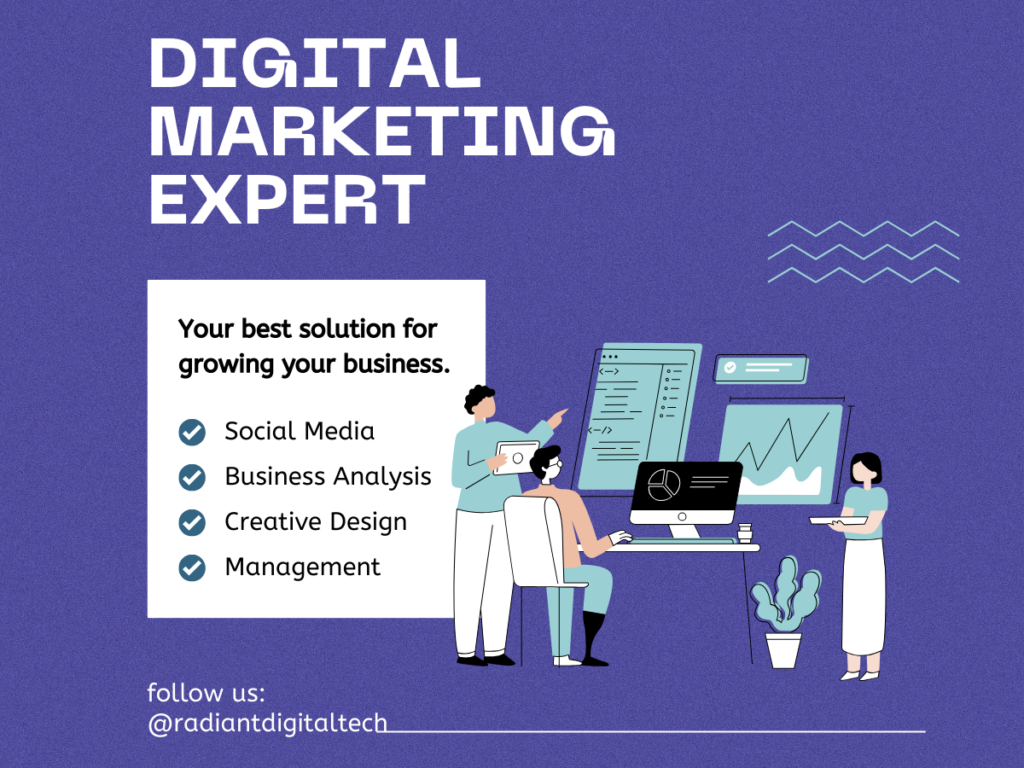
Introduction
Understanding Digital Marketing in 2024
In the fast-paced digital age of 2024, businesses must navigate a complex and ever-evolving landscape. Digital marketing has become the backbone of any successful business strategy, offering unparalleled opportunities to connect with customers, build brand awareness, and drive sales. As traditional marketing methods become less effective, the importance of mastering digital marketing cannot be overstated. This guide explores the essential components, latest trends, and future directions of digital marketing, equipping businesses with the tools they need to thrive in the digital world.
Why Digital Marketing is Essential for Your Business?
In today’s competitive environment, digital marketing is not just an option; it’s a necessity. It provides businesses with the ability to reach a global audience, target specific demographics, and engage with customers in ways that traditional marketing methods cannot. Whether you’re a small business or a large corporation, digital marketing allows you to compete on an even playing field, offering cost-effective strategies to attract and retain customers. Moreover, it provides measurable results, enabling businesses to track ROI and adjust strategies in real-time.
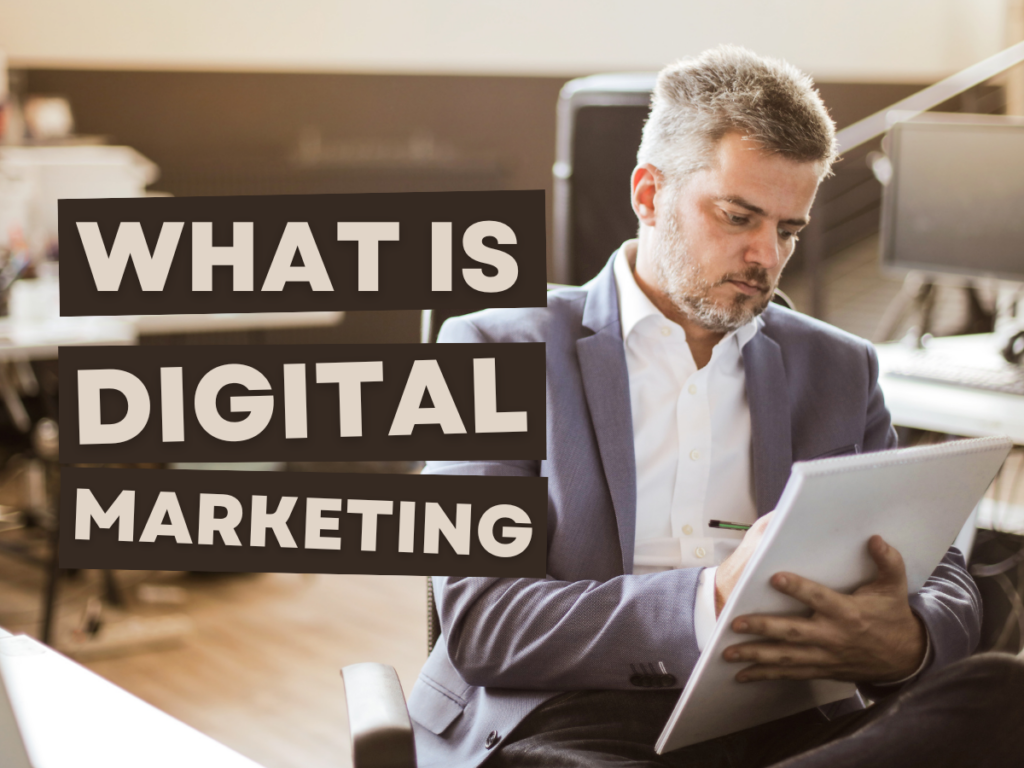
Chapter 1: What is Digital Marketing?
Definition and Overview
Digital marketing refers to the use of digital channels, platforms, and technologies to promote products or services to consumers. Unlike traditional marketing, which relies on mediums like print and television, digital marketing utilizes online platforms such as websites, social media, search engines, and email to reach and engage customers. This approach allows for more targeted, measurable, and interactive marketing campaigns.
Key Components of Digital Marketing
Search Engine Optimization (SEO): Enhancing website visibility on search engines like Google to attract organic traffic.
Content Marketing: Creating and distributing valuable content to attract and engage a target audience.
Social Media Marketing: Utilizing platforms like Facebook, Instagram, and LinkedIn to promote products, engage with customers, and build brand presence.
Email Marketing: Sending targeted emails to prospects and customers to nurture relationships and drive conversions.
Pay-Per-Click (PPC) Advertising: Paying for advertisements that appear at the top of search results or on social media platforms.
Affiliate Marketing: Partnering with affiliates who promote your products in exchange for a commission on sales.
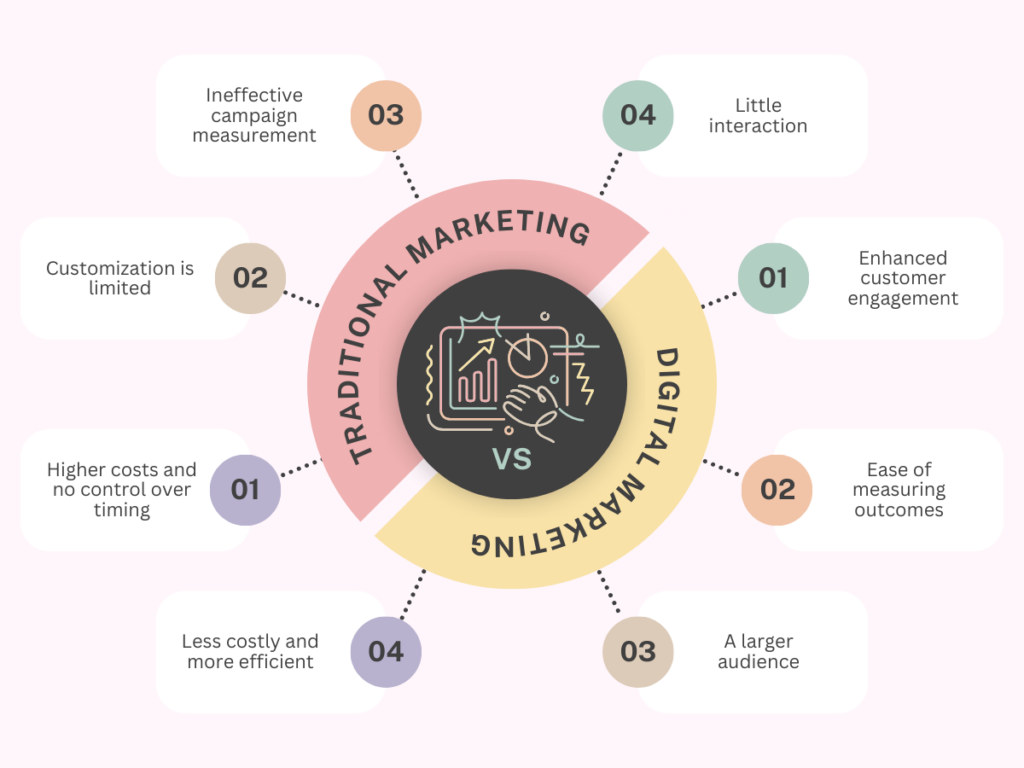
Chapter 2: The Evolution of Digital Marketing
From Traditional to Digital
The transition from traditional to digital marketing has been driven by technological advancements and changing consumer behaviors. Traditional marketing methods such as print ads, billboards, and TV commercials have given way to digital channels that offer more precise targeting, real-time interaction, and measurable outcomes. This shift has empowered businesses to reach a broader audience at a lower cost, making marketing more accessible and effective.
Key Milestones in Digital Marketing History
The Birth of the Internet (1990s): The internet’s advent marked the beginning of digital marketing, with websites and email becoming new tools for marketers.
The Rise of Search Engines (Early 2000s): Google’s dominance led to the importance of SEO, changing how businesses attract online traffic.
The Social Media Revolution (2004-2010): Platforms like Facebook, Twitter, and Instagram transformed how businesses interact with consumers, making social media a critical component of digital marketing.
The Mobile Era (2010s): With smartphones becoming ubiquitous, mobile optimization and mobile apps became essential for reaching consumers on the go.
AI and Automation (2020s): The integration of AI and machine learning into marketing strategies allowed for more personalized, data-driven campaigns, enhancing the effectiveness of digital marketing.

Chapter 3: The Core Pillars of Digital Marketing
Content Marketing
Content marketing focuses on creating valuable, relevant, and consistent content to attract and engage a clearly defined audience. This content can take many forms, including blog posts, videos, infographics, ebooks, and more. The goal is to provide information that addresses the needs or pain points of the audience, ultimately driving profitable customer action.
Social Media Marketing
Social media marketing leverages platforms like Facebook, Instagram, LinkedIn, and Twitter to promote products and build relationships with consumers. This pillar involves creating and sharing content, running ads, and engaging with followers to increase brand awareness and loyalty. Each platform offers unique opportunities to target specific demographics and engage with them in meaningful ways.
Search Engine Optimization (SEO)
SEO involves optimizing a website to rank higher in search engine results pages (SERPs), thereby increasing the quantity and quality of traffic to the site. SEO strategies include keyword research, on-page optimization, link building, and technical SEO. The objective is to make the website more attractive to search engines and improve its visibility to users searching for relevant topics.
Email Marketing
Email marketing involves sending targeted messages to a list of subscribers to promote products, provide valuable content, or nurture relationships. This direct form of communication is highly effective for maintaining customer engagement, driving conversions, and building loyalty. Personalization and segmentation are key to successful email campaigns.
Pay-Per-Click Advertising (PPC)
PPC is a form of online advertising where businesses pay each time a user clicks on their ad. These ads typically appear on search engines like Google or social media platforms. PPC allows businesses to reach their target audience quickly and effectively by bidding on keywords or demographic criteria. It is a cost-effective way to drive traffic and generate leads.PPC is a form of online advertising where businesses pay each time a user clicks on their ad. PPC allows businesses to reach their target audience quickly and effectively by bidding on keywords or demographic criteria. It is a cost-effective way to drive traffic and generate leads.
Affiliate Marketing
Affiliate marketing involves partnering with individuals or companies (affiliates) who promote your products in exchange for a commission on sales. Affiliates leverage their own networks and platforms to drive traffic and sales to your business. This performance-based marketing strategy can significantly expand your reach and generate additional revenue streams.
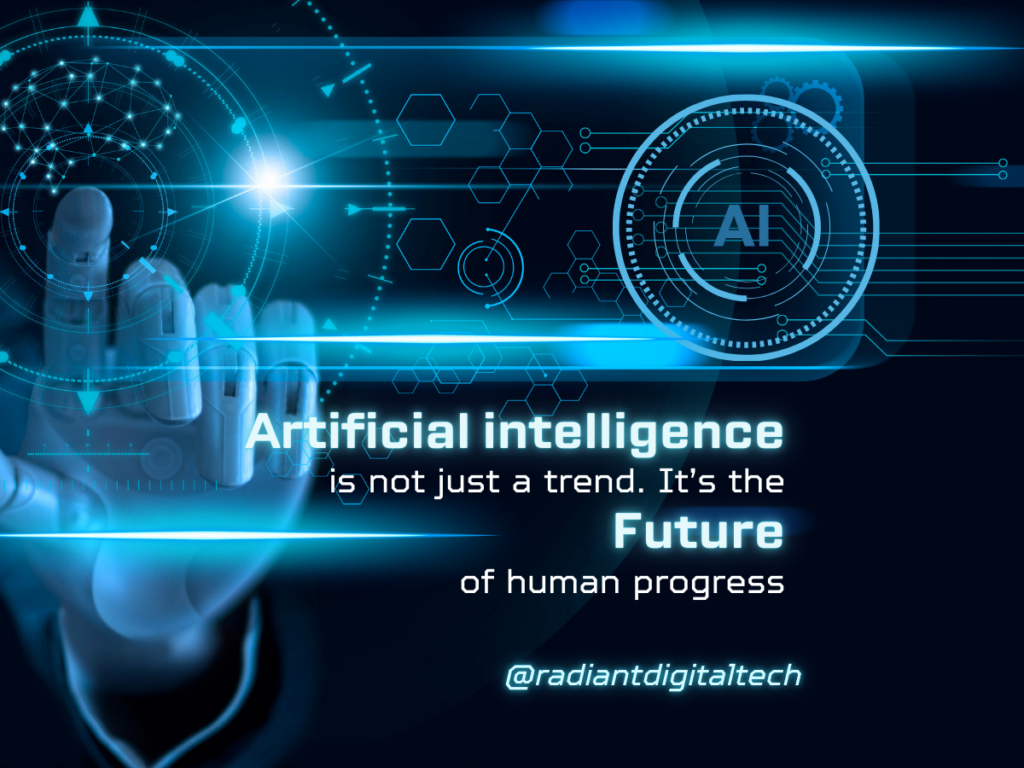
Chapter 4: Emerging Trends in Digital Marketing for 2024
AI and Machine Learning in Marketing
AI and machine learning are revolutionizing digital marketing by enabling more personalized and efficient campaigns. From chatbots that enhance customer service to predictive analytics that forecast trends, AI is helping businesses make smarter marketing decisions. Machine learning algorithms can analyze vast amounts of data to identify patterns, optimize ad targeting, and even create content.
Voice Search Optimization
With the increasing use of voice-activated devices like Amazon Alexa and Google Assistant, optimizing content for voice search is becoming essential. Voice search queries tend to be longer and more conversational, so businesses need to adapt their SEO strategies accordingly. Ensuring that content is easily accessible and answers common voice queries will be crucial for maintaining search visibility.
Personalized Marketing Strategies
Personalization goes beyond simply addressing customers by their first name in emails. In 2024, successful digital marketing strategies have involved deep personalization, using data to tailor content, offers, and experiences to individual preferences and behaviors. This level of customization enhances user experience, increases engagement, and boosts conversion rates.
The Rise of Short-Form Video Content
Short-form video content, popularized by platforms like TikTok and Instagram Reels, is dominating digital marketing. These bite-sized videos are engaging, easily digestible, and shareable, making them an effective way to capture audience attention. Brands are increasingly using short-form video to showcase products, share stories, and connect with their audience in a dynamic way.
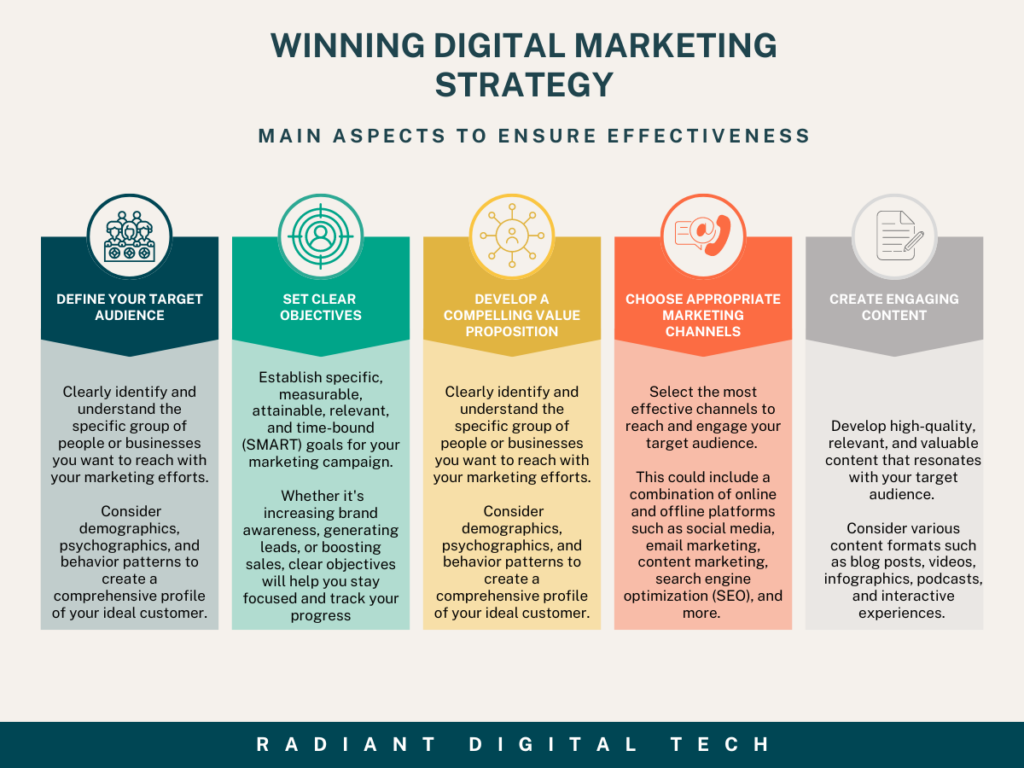
Chapter 5: How to Create a Winning Digital Marketing Strategy
Setting Clear Objectives
A successful digital marketing strategy begins with clear objectives. Whether it’s increasing brand awareness, driving website traffic, generating leads, or boosting sales, defining what you want to achieve is crucial. Objectives should be SMART (Specific, Measurable, Achievable, Relevant, Time-bound) to provide direction and facilitate measurement.
Understanding Your Target Audience
Knowing your audience is fundamental to any marketing strategy. This involves researching and creating detailed buyer personas that outline the demographics, behaviors, needs, and pain points of your target customers. Understanding your audience allows you to tailor your messaging, choose the right channels, and create content that resonates with them.
Choosing the Right Channels
Different digital marketing channels serve different purposes, and selecting the right ones depends on your goals and audience. For instance, if your audience is predominantly young, social media platforms like Instagram and Facebook might be most effective. If you’re targeting professionals, LinkedIn could be more suitable. A multi-channel approach often yields the best results.
Content Planning and Creation
Content is the heart of digital marketing. A well-thought-out content plan ensures that you consistently produce and distribute valuable, relevant content across the right channels. This includes blog posts, videos, infographics, podcasts, and more. Content creation should align with your brand voice and address the needs and interests of your audience.
Measuring and Analyzing Success
Regularly tracking and analyzing the performance of your digital marketing efforts is key to success. This involves using tools like Google Analytics, social media insights, and CRM systems to monitor key metrics such as website traffic, conversion rates, and ROI. Analyzing this data helps you understand what’s working, what’s not, and where to make adjustments.
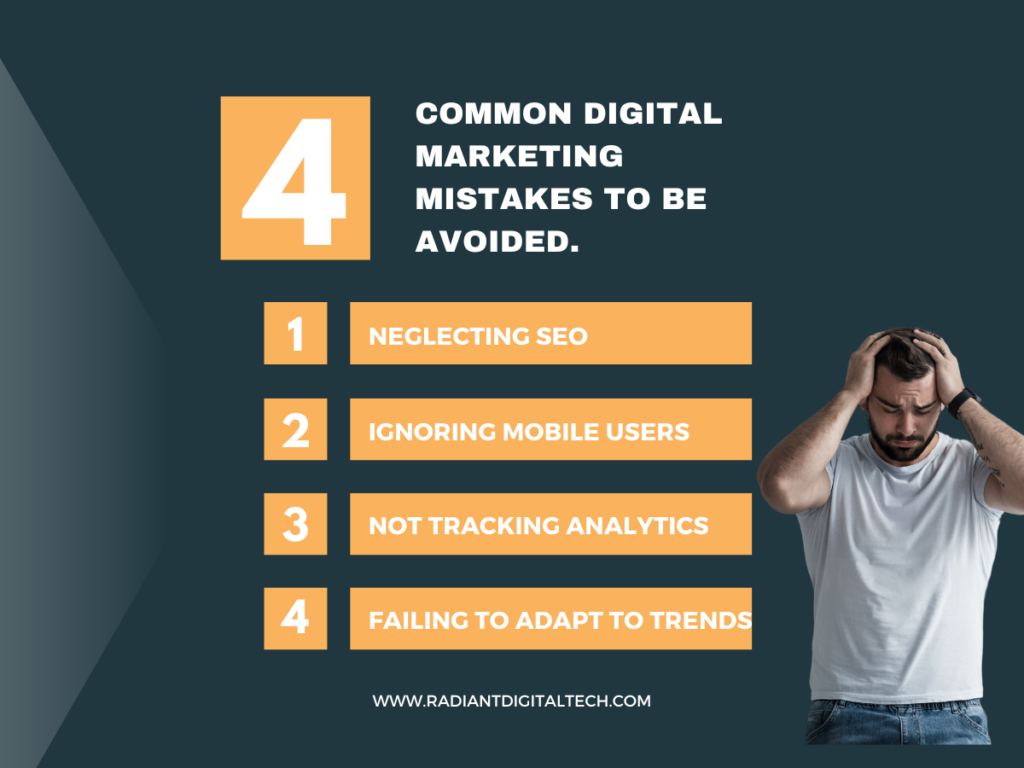
Chapter 6: Common Digital Marketing Mistakes to be Avoided
Neglecting SEO
Ignoring SEO can severely limit your online visibility. Many businesses make the mistake of focusing solely on content creation or paid ads, neglecting the importance of optimizing their website for search engines. SEO should be an integral part of your digital marketing strategy to ensure your site ranks well and attracts organic traffic.
Ignoring Mobile Users
With the majority of internet users accessing the web via mobile devices, failing to optimize your website and content for mobile can lead to a poor user experience and lost opportunities. Mobile optimization includes responsive design, fast load times, and mobile-friendly content.
Not Tracking Analytics
Without tracking and analyzing data, it’s impossible to measure the success of your digital marketing efforts. Many businesses overlook the importance of analytics, resulting in wasted resources and missed opportunities. Regularly reviewing analytics allows you to make data-driven decisions and continuously improve your strategy.
Failing to Adapt to Trends
Digital marketing is a rapidly evolving field, and failing to stay updated with the latest trends can leave your business behind. Whether it’s new social media platforms, algorithm changes, or emerging technologies, staying agile and adapting your strategy to new trends is crucial for maintaining competitiveness.

Chapter 7: The Future of Digital Marketing
Predictions for the Next 5 Years
The digital marketing landscape will continue to evolve rapidly over the next five years. We can expect advancements in AI, more sophisticated personalization, and the growing importance of privacy and data security. Additionally, new platforms and technologies will emerge, offering fresh opportunities and challenges for marketers.
How to Stay Ahead of the Curve
To stay ahead in the ever-changing world of digital marketing, businesses must be proactive and forward-thinking. This involves continuous learning, experimenting with new strategies, and being willing to pivot when necessary. Networking with industry experts, attending conferences, and investing in ongoing education are all ways to stay informed and maintain a competitive edge.

Conclusion
Recap of Key Points
In today’s rapidly evolving digital landscape, understanding and leveraging digital marketing is essential for business success. Here’s a quick recap of the key points covered:
- What is Digital Marketing?
Digital marketing encompasses all online strategies used to promote and grow a business. It includes content marketing, social media marketing, SEO, email marketing, PPC, and affiliate marketing. - The Evolution of Digital Marketing
The shift from traditional marketing methods to digital has transformed how businesses reach and engage with their audiences. Significant milestones, such as the rise of social media and advancements in AI, have redefined the marketing landscape. - Core Pillars of Digital Marketing
Effective digital marketing is built on key components, including content creation, social media engagement, search engine optimization, and more. Each plays a crucial role in driving traffic, generating leads, and converting customers. - Emerging Trends for 2024
Staying ahead of trends like AI-driven marketing, voice search optimization, personalized strategies, and short-form video content is crucial for staying competitive in the digital space. - Creating a Winning Strategy
A successful digital marketing strategy involves setting clear objectives, understanding your audience, selecting the right channels, creating compelling content, and continually measuring and analyzing results. - Common Mistakes to Avoid
Many businesses fall into traps such as neglecting SEO, ignoring mobile users, failing to track analytics, and not adapting to emerging trends. Avoiding these pitfalls is key to maintaining an effective digital presence. - The Future of Digital Marketing
The next five years will see continued innovation, with new technologies and strategies reshaping how businesses connect with customers. Staying informed and adaptable will be essential for long-term success.
How RadiantDigitalTech Can Help Your Business
At RadiantDigitalTech, we understand that navigating the complexities of digital marketing can be challenging. That’s why we’re here to help your business thrive in the digital age. Here’s how we can support your growth:
- Tailored Digital Marketing Strategies
We don’t believe in one-size-fits-all solutions. Our team takes the time to understand your business, industry, and target audience, creating customized digital marketing strategies that align with your goals. - Expertise Across All Core Pillars
From content marketing to SEO, social media, and beyond, our experts are well-versed in all key areas of digital marketing. We ensure that every aspect of your online presence is optimized for maximum impact. - Leveraging Emerging Trends
Staying ahead of the curve is crucial, and we make it our mission to incorporate the latest trends and technologies into your marketing efforts. Whether it’s AI-driven campaigns or voice search optimization, we’ve got you covered. - Continuous Monitoring and Optimization
Digital marketing is an ongoing process, and we’re committed to constantly monitoring your campaigns, analyzing data, and making adjustments as needed to ensure optimal performance and ROI. - Avoiding Common Pitfalls
With our experience, we help you steer clear of common mistakes that can hinder your success. We ensure your strategies are future-proof and adaptable to the ever-changing digital landscape. - Future-Ready Solutions
As the digital marketing world evolves, so do we. We’re always looking ahead, ready to implement the latest advancements and keep your business at the forefront of the industry.
Partner with RadiantDigitalTech, and let’s work together to elevate your business, attract more customers, and achieve your digital marketing goals.



